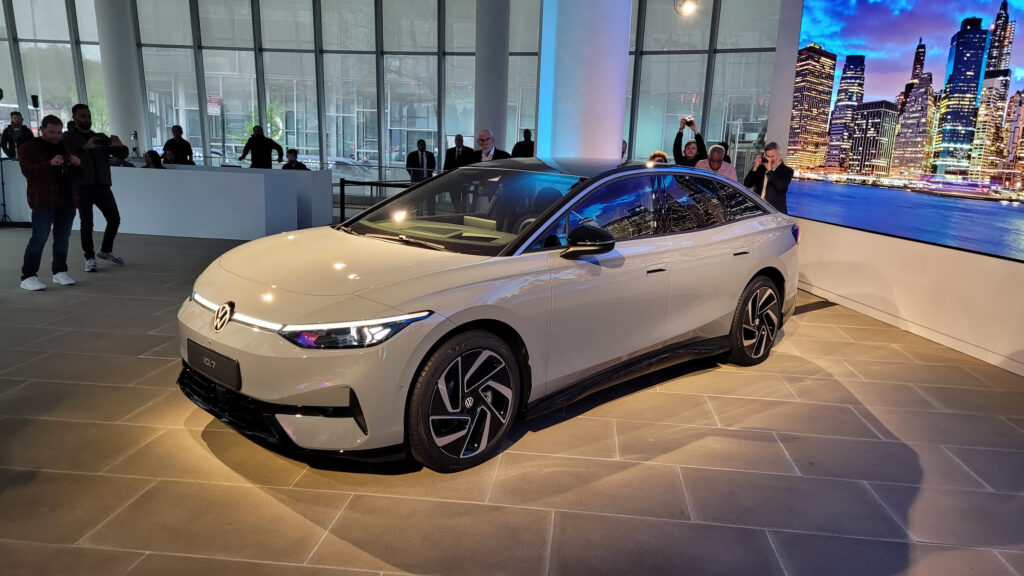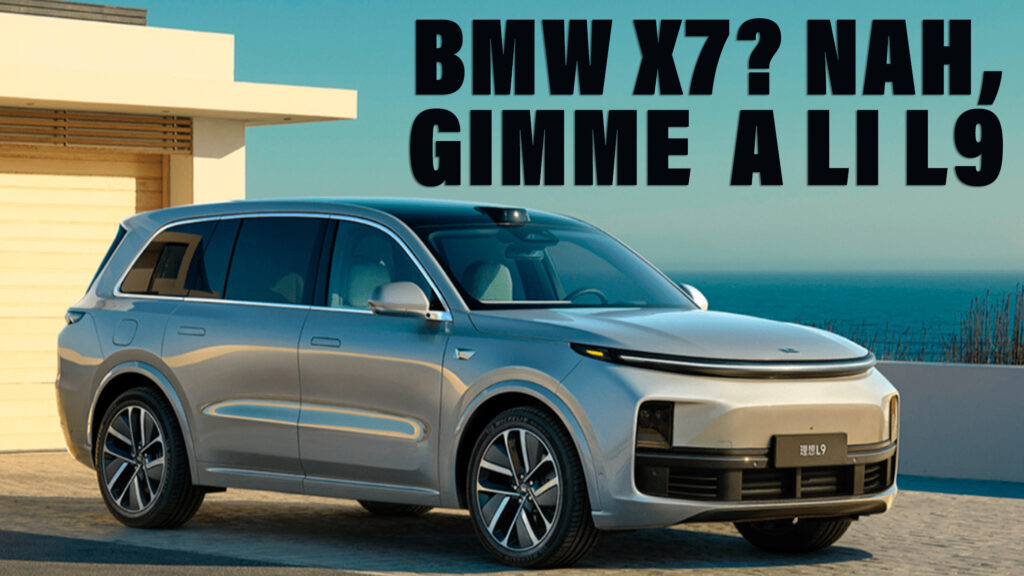Owning a car with a Western badge in China was a sure sign you’d made it in the first two decades of this century. Mercedes, BMW, Porsche: Chinese car buyers had the same automotive aspirations as those of us in the rest of the world. But that’s changing fast. The new four-wheeled heroes are homegrown.
China’s buyers have switched over to EVs far more quickly than Western buyers have. Only 6 percent of cars sold in the U.S. last year were electric, compared with almost 25 percent in China, a number that’s expected to grow to well over 30 percent by the end of this year. And Chinese automakers have been much quicker to capitalize on that shift than Western automakers. More than 80 percent of EVs sold in China during 2022 were made by domestic firms, the New York Times reports.
But that’s not the only reason sales of Chinese cars are gobbling up market share at the expense of brands we might be familiar with in the West. Chinese buyers think local brands are more interesting to look at and make Western cars look years behind both in terms of design and technology.
Related: New HiPhi Y EV Breaks Cover With The Weirdest Split Rear Doors You’ve Ever Seen

So how do Western automakers feel about this market upheaval after having enjoyed multiple boom years as they tapped into the Chinese market during the early part of this century? They’re almost certainly freaking out. The NYT claims Volkswagen is so concerned that it chartered two planes to transport huge numbers of executives out to China for this week’s Shanghai Auto Show, though the automaker declined to discuss its transports arrangements when Times journalists contacted the firm about the report.
Volkswagen has fared less badly than other automakers. It has doubled sales of ID electric models in the region and has opted to unveil its new ID.7 sedan at Shanghai this week, underlining how seriously it takes the Chinese market.
Let’s hope people take the time to stop and look. The NYT spoke to a former Chrysler China boss who said Chinese brands uses to book show stand space next to grandees like Mercedes, banking on the chance of picking up some through-traffic. But now that situation has reversed. The question is, how long will it take Chinese automakers to hook in those of us in the rest of the world, because we’ve no doubt it’ll happen.




